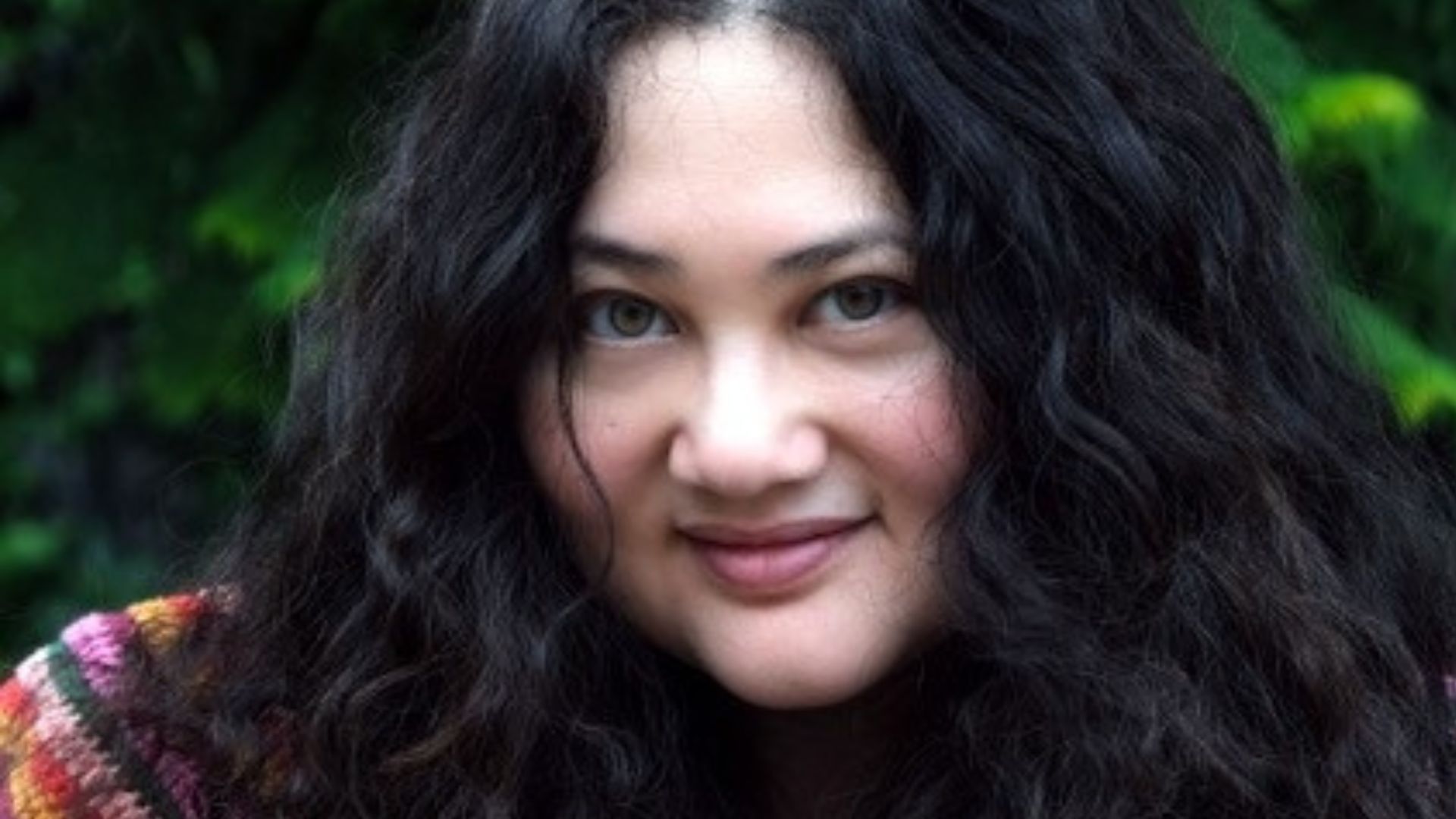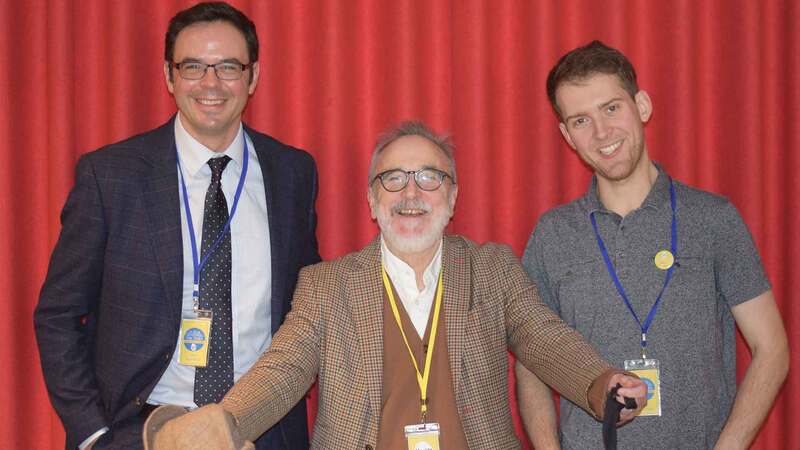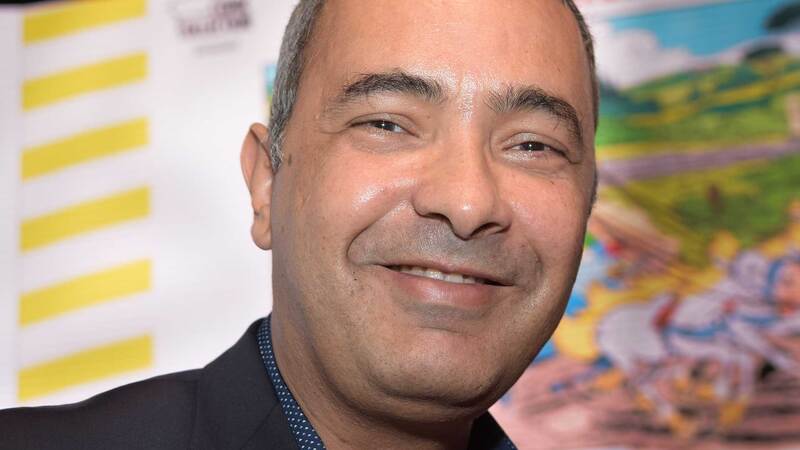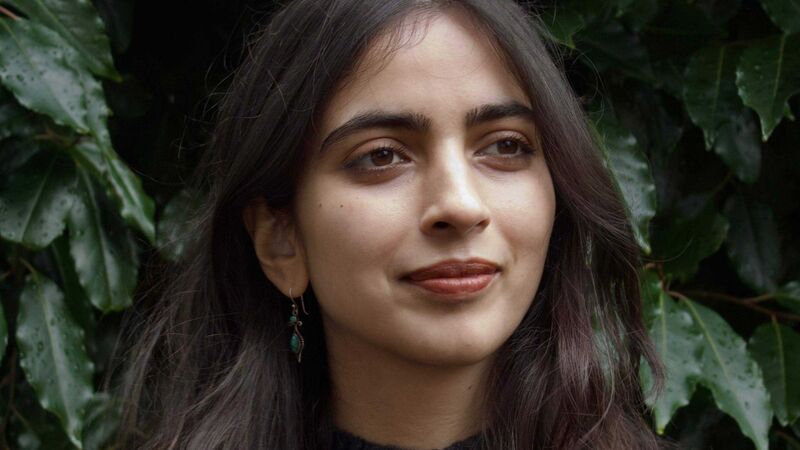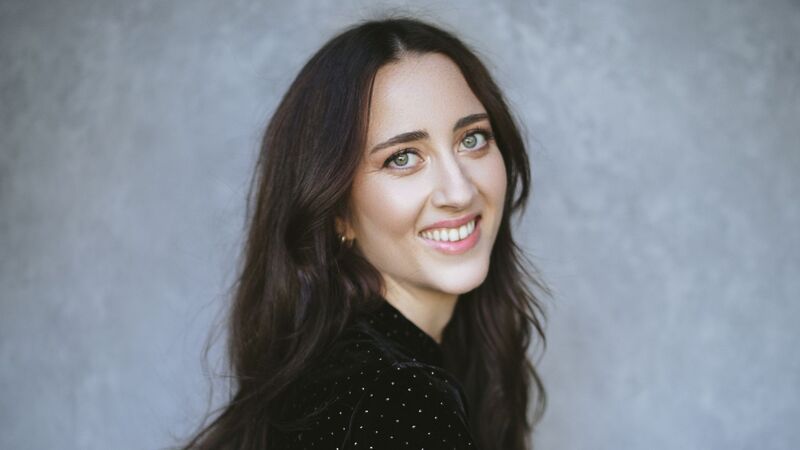You are viewing your 1 free article this month. Login to read more articles.
Zevin and Tokarczuk among Wingate Literary Prize shortlistees
Seven books including works by Gabrielle Zevin and Olga Tokarczuk have been shortlisted for the Wingate Literary Prize.
Now in its 46th year, the annual prize, worth £4,000 and run in association with JW3—an arts, culture and entertainment venue, educational facility and a social and community hub in north London—is awarded to the best book, fiction or non-fiction, to translate the idea of Jewishness to general readers.
This year’s judging panel features Dr Aviva Dautch, executive director of Jewish Renaissance, Guggenheim Fellow and National Jewish Book Award winner George Prochnik, journalist, editor and author Sarah Shaffi and award-winning author Julie Cohen. The winner of the Wingate Prize will be announced at an event at JW3 on Sunday 12th March.
Made up of three works of non-fiction and four fiction titles, the shortlisted works include: The Man Who Sold Air in the Holy Land by Omer Friedlander (John Murray), the characters of which the judges described as “funny and tragic, guilt-stricken and complex, naive and disillusioned: a kaleidoscope of life and colour in Israel”; and Come to this Court and Cry by Linda Kinstler (Bloomsbury Circus), praised for being “about Jewish identity, Holocaust revisionism, and whether justice can ever be found”.
Also up for the prize is The Island of Extraordinary Captives by Simon Parkin (Sceptre), “as relevant today as in the 1940s when it is set”; The Memory Monster by Yishai Sarid, translated by Yardenne Greenspan, (Serpent’s Tail), about which the judges said: “Although short, The Memory Monster packs a punch: it’s an allegorical and thought-provoking novella about the Holocaust industry, generational trauma, the power of hate and our duty to remember.”
The Books of Jacob by Olga Tokarczuk, translated by Jennifer Croft, (Fitzcarraldo Editions), is shortlisted for being “an impressive, well-researched and immersive book charting the life and times of 18th-century self-proclaimed Jewish messiah Jacob Frank,” with “sinuous prose” and “breathtaking world-building”, while the “immaculately researched and powerfully argued” In the Midst of Civilised Europe by Jeffrey Veidlinger (Picador) – “a virtuoso analysis of how the violence of the pogroms created the climate in which the Holocaust was made possible – is also in the running.
Tomorrow and Tomorrow and Tomorrow by Gabrielle Zevin (Chatto) also makes the list as ”a loving tribute to computer gaming, but the games are merely a metaphor for the richly emotional inner lives and intersecting identities of the main characters, one Jewish and one Jewish-Korean".
Dautch said: “It was an extremely high-quality longlist, which made whittling down to a shortlist of seven particularly difficult. After a thorough discussion, considering the remit of the prize to select a book that translates the Jewish experience to the general reader, we settled on a wonderfully diverse range of fiction and non-fiction.
“We judges have found reading all these books to be an enriching and thought-provoking experience and are particularly delighted to see new voices emerging alongside eminent historians and Nobel laureates.”
To tie in with the shortlist, the organisers have also announced the formation of the Global Jewish Literary Alliance — an international collaboration to provide resources and community for Jewish writers, and those writing books of Jewish interest.
The Global Jewish Literary Alliance aims to encourage more writers to write “Jewish” content, and to explore what that might be, as well as being an annually updated centralised hub to connect professionals and writers and create community. The Global Jewish Literary Resource Centre will also provide information on funding opportunities, residences and events. The alliance will launch the Global Jewish Literary Resource Centre on 4th May, alongside an inaugural online event.





